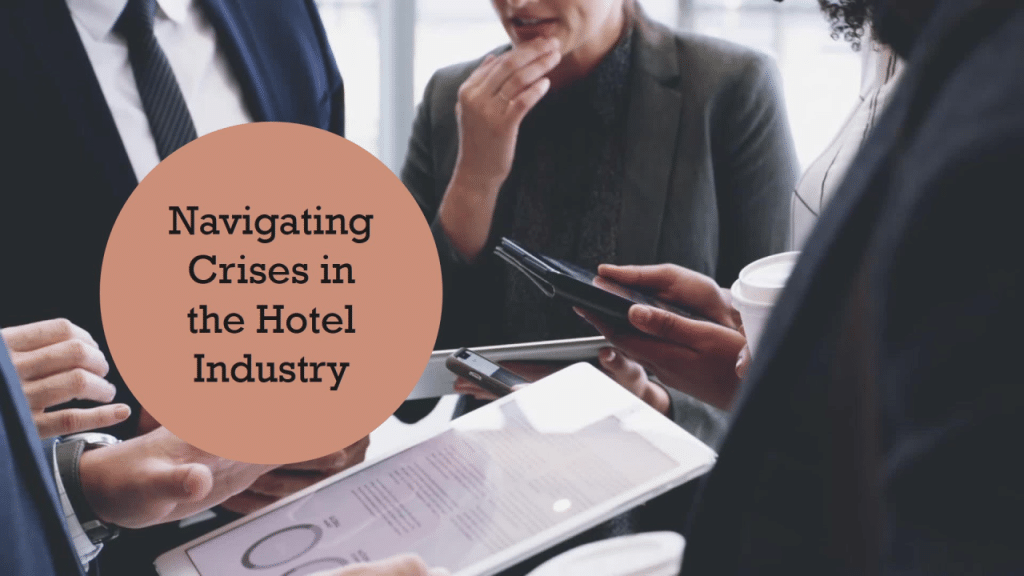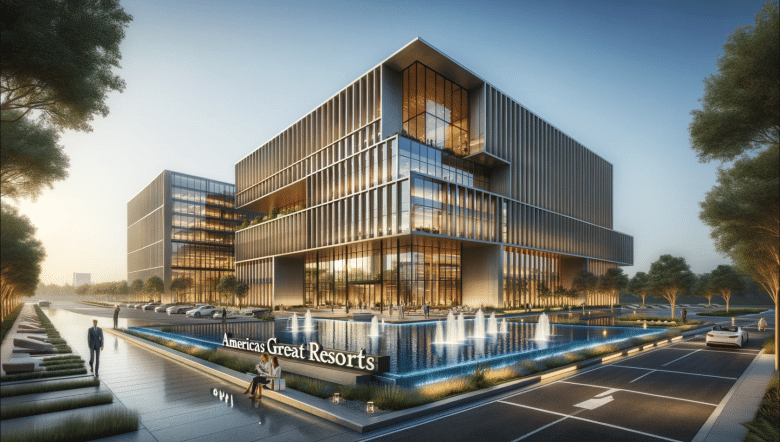In the glittering world of luxury hotels, where opulence meets impeccable service, maintaining a sterling reputation is paramount. Yet, even the most prestigious establishments are not immune to public relations crises. From high-profile incidents to social media backlash, the potential for a PR disaster looms large. In these moments, the way a hotel responds can make or break its standing. Here, we explore how luxury hotels can effectively manage PR crises and safeguard their esteemed reputations.

Understanding the Stakes
Luxury hotels cater to an elite clientele who expect nothing short of perfection. Any lapse in service, security breaches, or unsatisfactory guest experiences can swiftly escalate into a public relations nightmare. The stakes are high, as a tarnished reputation can lead to a decline in bookings, loss of loyal customers, and a negative impact on revenue. Therefore, a robust crisis management strategy is essential.
Proactive Preparedness
Preparation is the cornerstone of effective crisis management. Luxury hotels must develop comprehensive crisis management plans that anticipate potential issues and outline clear protocols for response. This includes establishing a crisis management team, which should comprise representatives from key departments such as public relations, security, legal, and operations. Regular training and simulations can help ensure that all team members are well-versed in their roles and responsibilities.
Swift and Transparent Communication
In the digital age, news travels fast, and any delay in response can exacerbate the crisis. Speed and transparency are crucial. As soon as a crisis emerges, the hotel must promptly acknowledge the issue and communicate with all relevant stakeholders, including guests, employees, and the media. Transparency fosters trust, and it is vital to provide accurate information without downplaying the severity of the situation.
For example, when a luxury hotel in New York faced a security breach, the management swiftly issued a statement detailing the incident, the immediate actions taken to ensure guest safety, and the measures being implemented to prevent future occurrences. This proactive approach not only reassured guests but also demonstrated the hotel’s commitment to their well-being.
Empathy and Accountability
In times of crisis, empathy goes a long way. Acknowledging the distress caused to guests and taking accountability for any lapses can help humanize the hotel’s response. Offering sincere apologies and compensatory measures, such as complimentary stays or refunds, can mitigate the negative impact and rebuild trust. It is essential to avoid defensive or dismissive language, as it can further alienate affected parties.
Consider the case of a luxury resort in the Caribbean that faced backlash over a foodborne illness outbreak. The management immediately expressed deep regret, offered medical assistance to affected guests, and initiated a thorough investigation. Their empathetic and accountable response helped restore confidence among guests and the broader public.
Leveraging Social Media
Social media can be both a boon and a bane during a PR crisis. On one hand, it can amplify negative sentiment; on the other, it provides a direct channel to address concerns and disseminate information. Luxury hotels must actively monitor social media platforms for emerging issues and engage with users in a timely and respectful manner.
A notable example is a renowned hotel chain that faced criticism over an employee’s misconduct. The hotel’s social media team swiftly responded to each comment, provided updates on the investigation, and highlighted the actions taken against the employee. This approach not only quelled the backlash but also showcased the hotel’s commitment to maintaining high standards of conduct.
Collaborating with Influencers and Media
Influencers and media outlets play a significant role in shaping public perception. During a crisis, luxury hotels can collaborate with trusted influencers and journalists to convey their side of the story and share positive developments. This can help counteract negative narratives and reinforce the hotel’s reputation.
For instance, a luxury hotel in Europe that faced environmental protests invited renowned travel bloggers to visit the property and witness its sustainability initiatives firsthand. The subsequent positive coverage helped shift the focus from the protests to the hotel’s genuine efforts to protect the environment.
Learning and Evolving
Every crisis presents an opportunity for learning and improvement. After navigating a PR challenge, luxury hotels must conduct thorough reviews to identify what worked and what didn’t. This analysis should inform updates to the crisis management plan, ensuring that the hotel is better prepared for future incidents.
Building a Resilient Brand
Ultimately, the key to successfully managing PR crises lies in building a resilient brand. This involves consistently delivering exceptional service, fostering a positive workplace culture, and engaging in corporate social responsibility initiatives. A strong brand foundation can help cushion the impact of a crisis and facilitate a quicker recovery.
Final Thoughts
In the competitive landscape of luxury hospitality, reputation is everything. While PR crises are inevitable, luxury hotels that embrace proactive preparedness, swift and transparent communication, empathy, and accountability can navigate these challenges effectively. Leveraging social media, collaborating with influencers, and continuously learning from past experiences further bolster their resilience. By prioritizing these strategies, luxury hotels can not only weather the storm but also emerge stronger, preserving their status as paragons of excellence and opulence.

